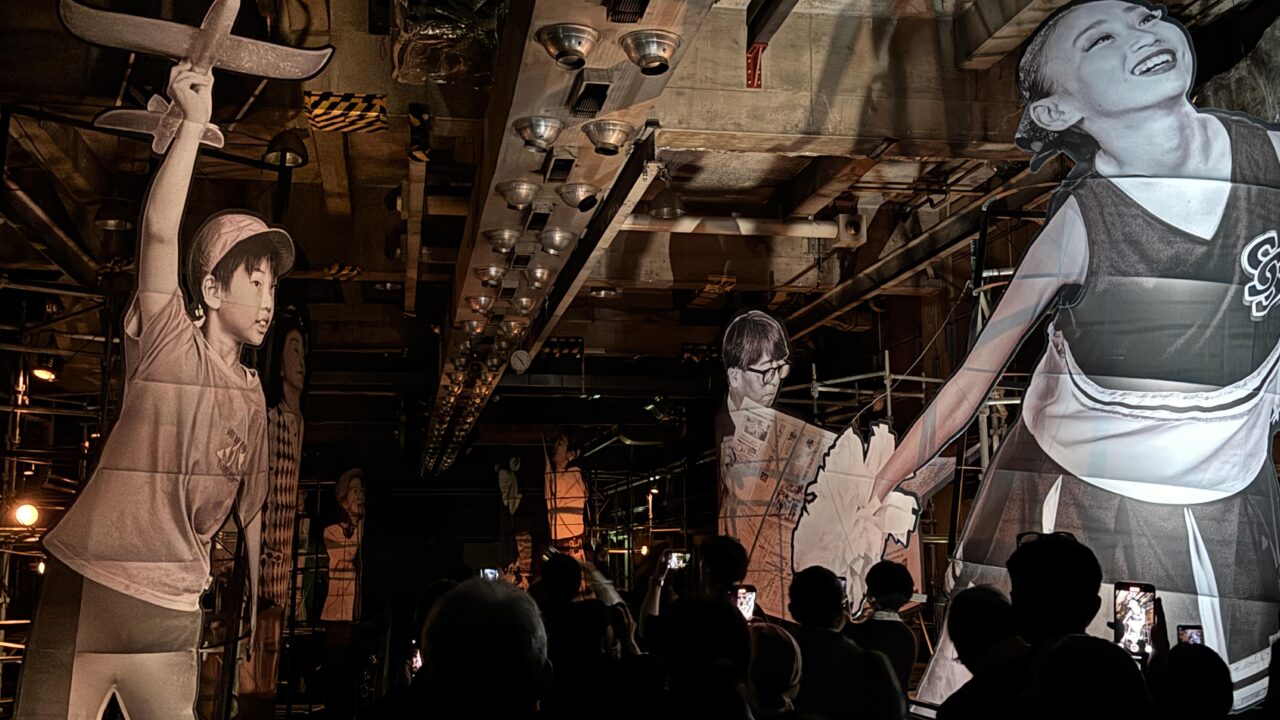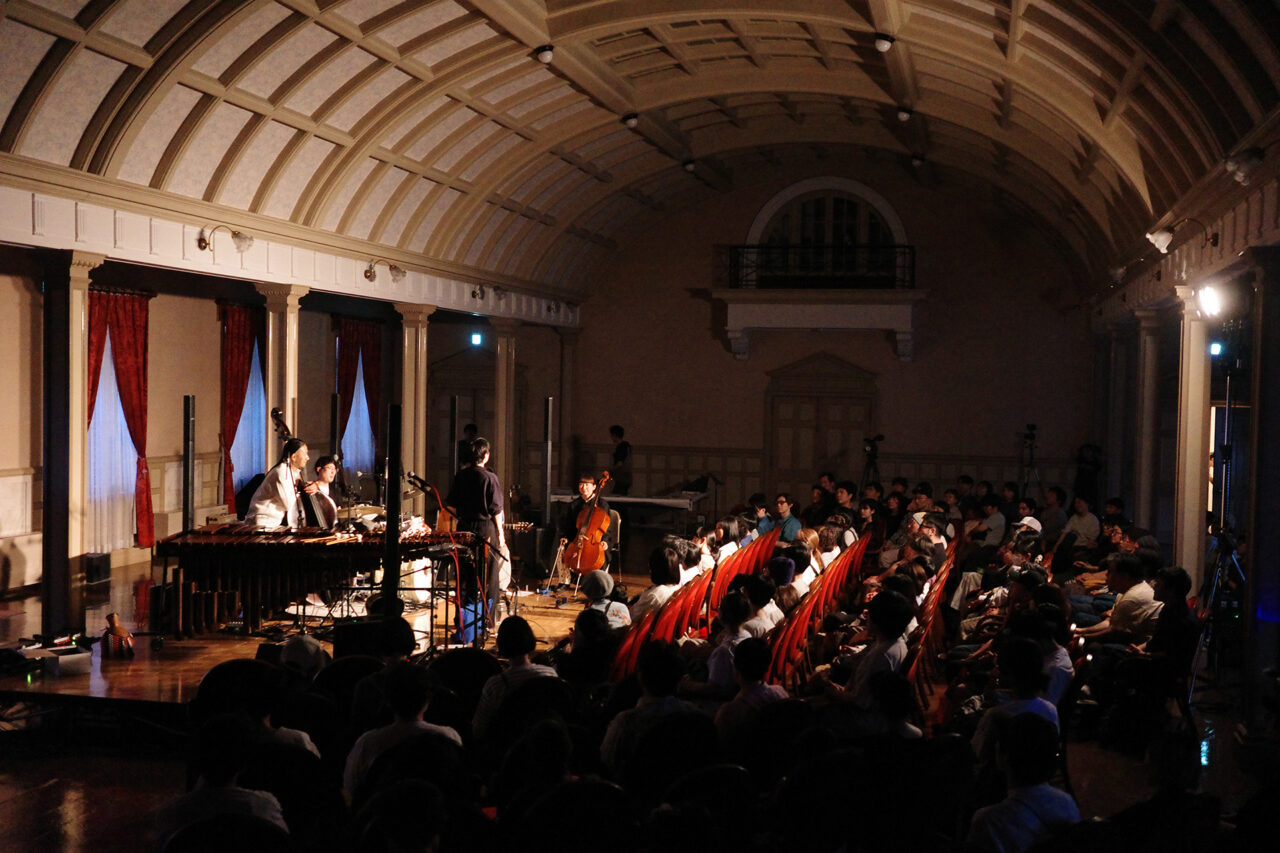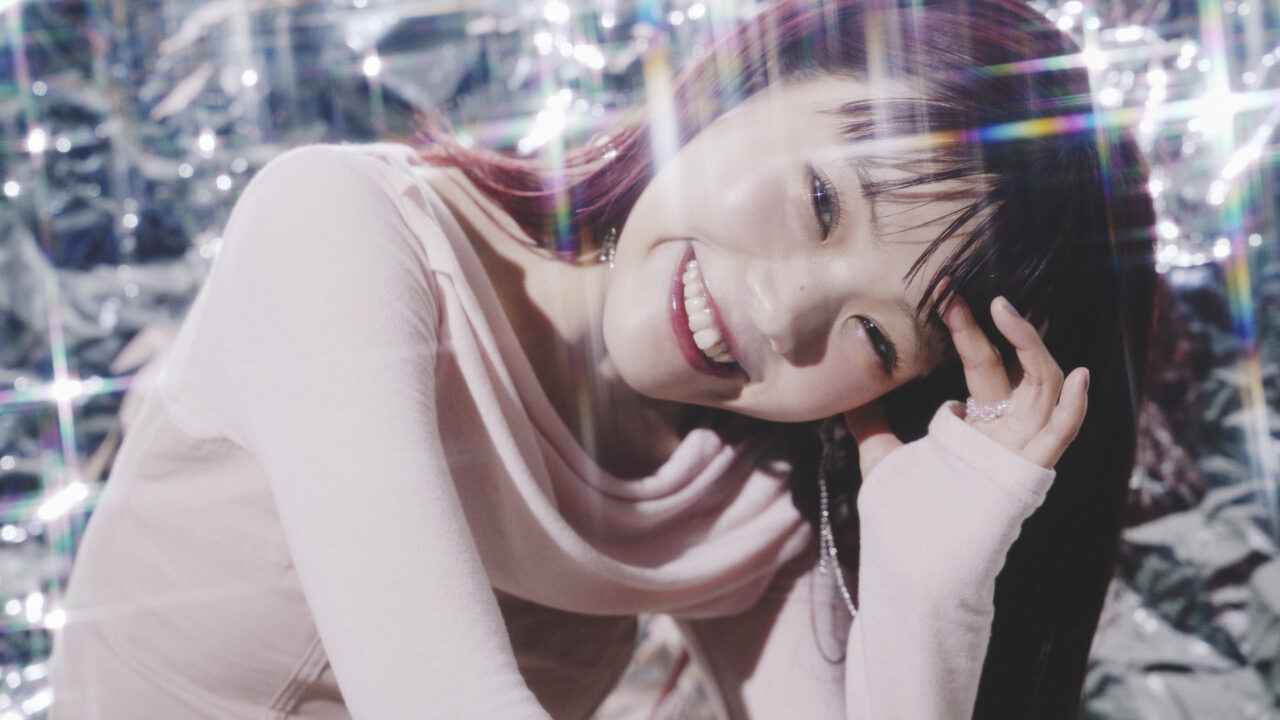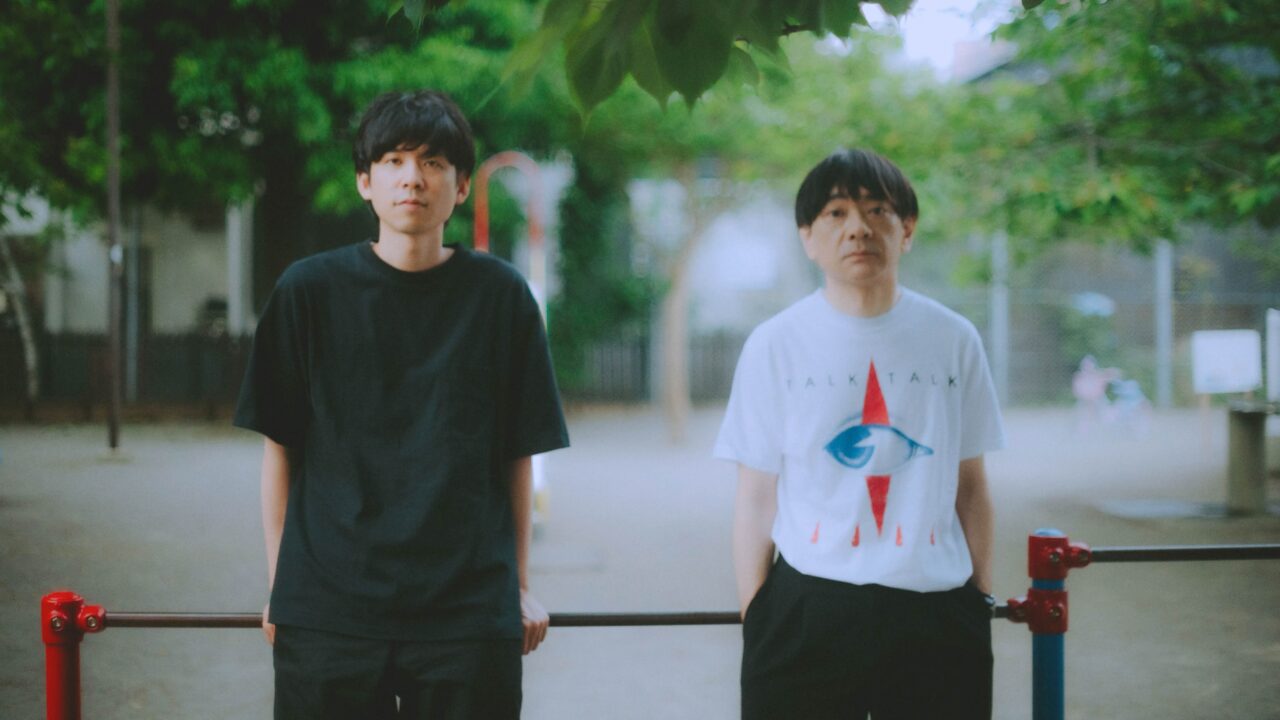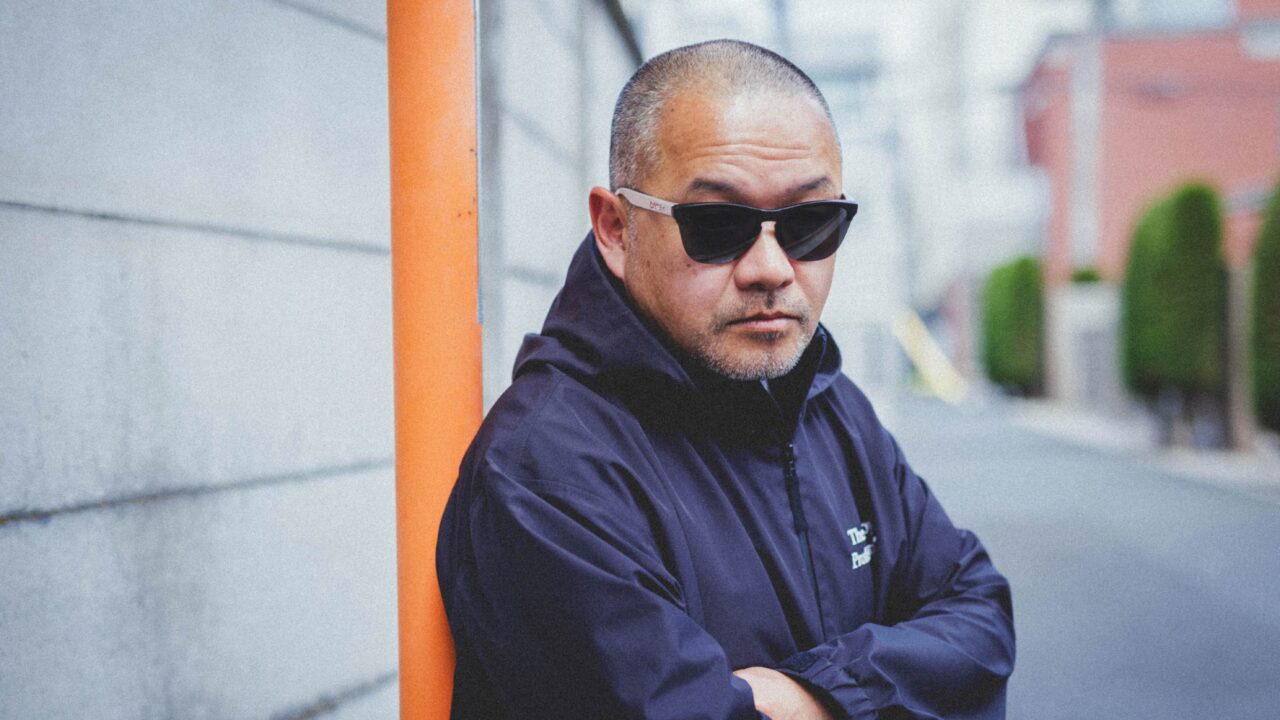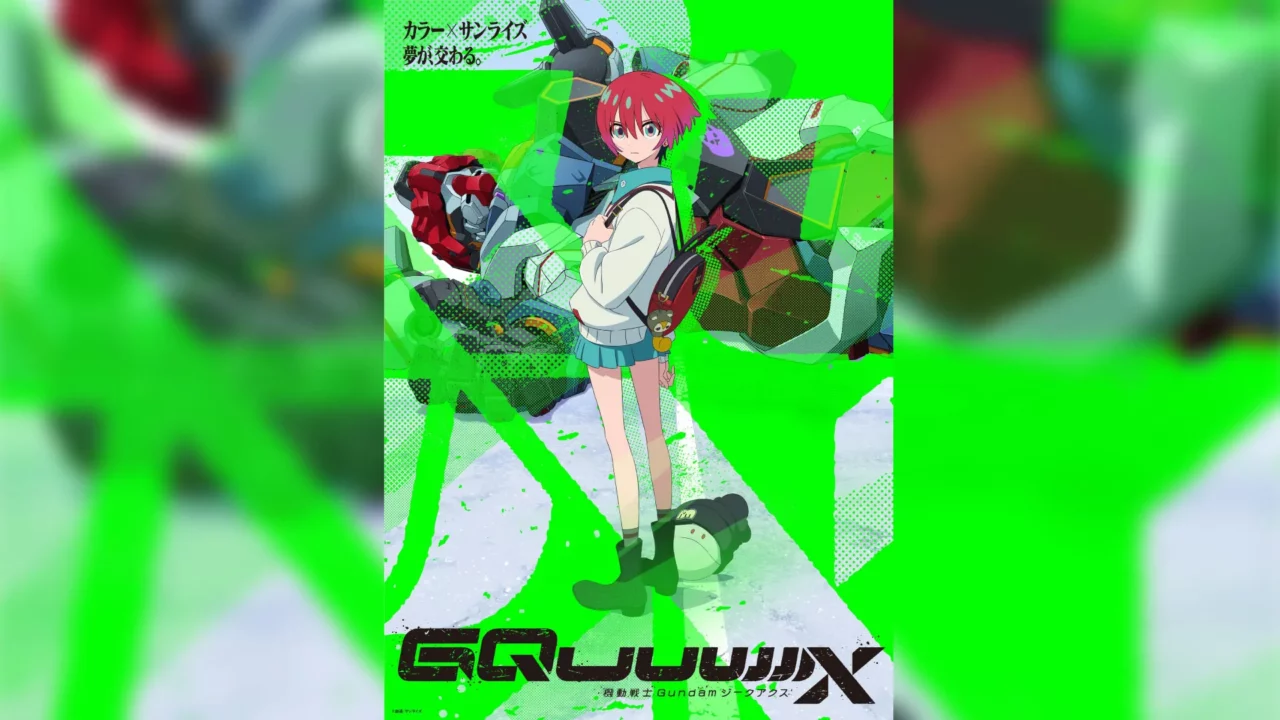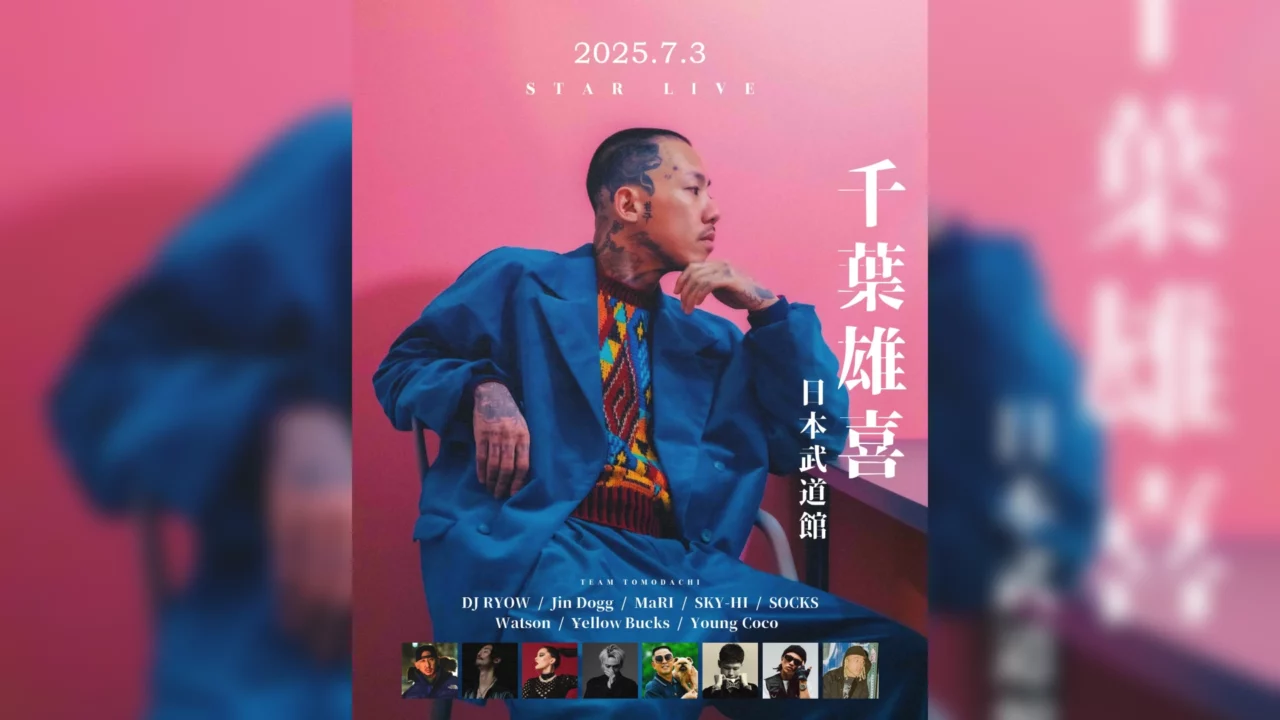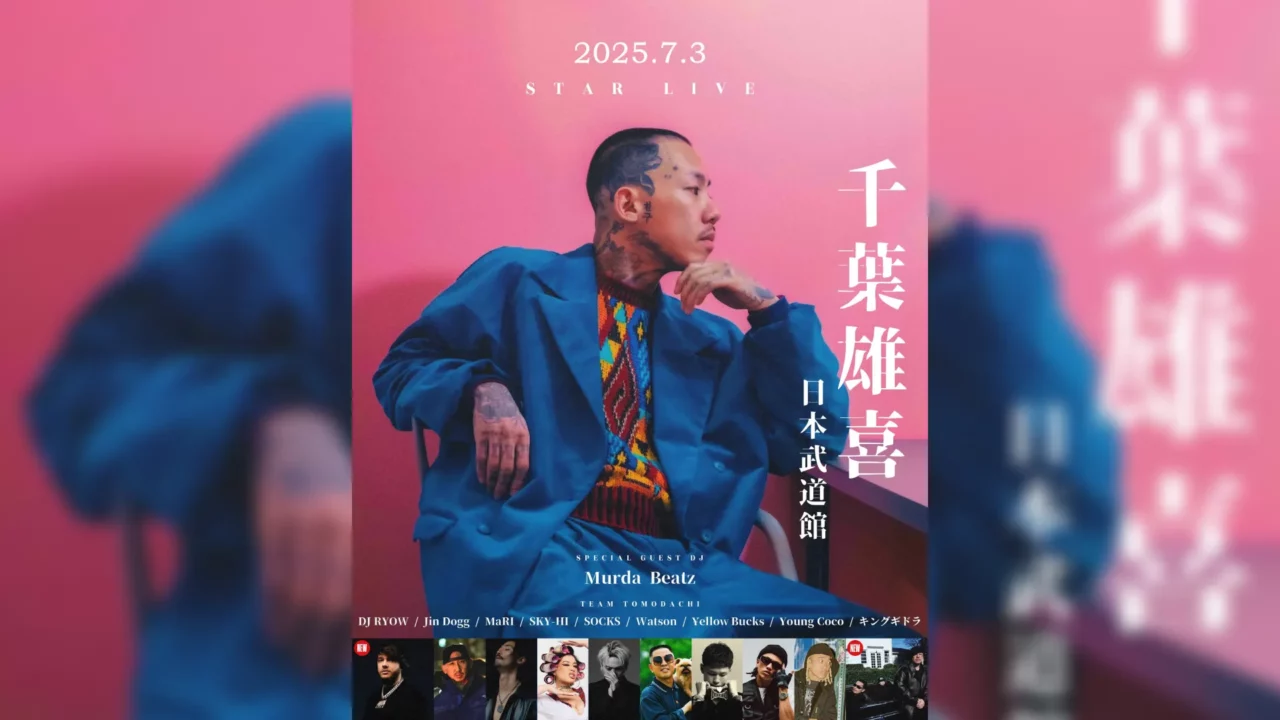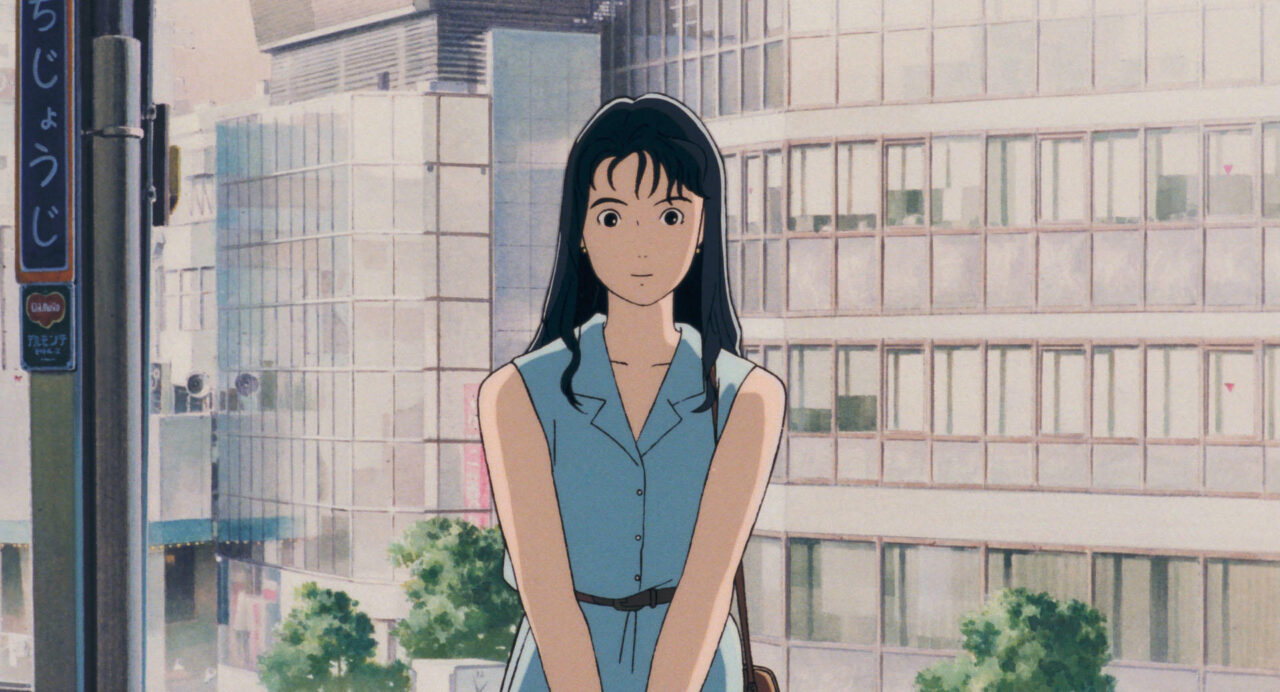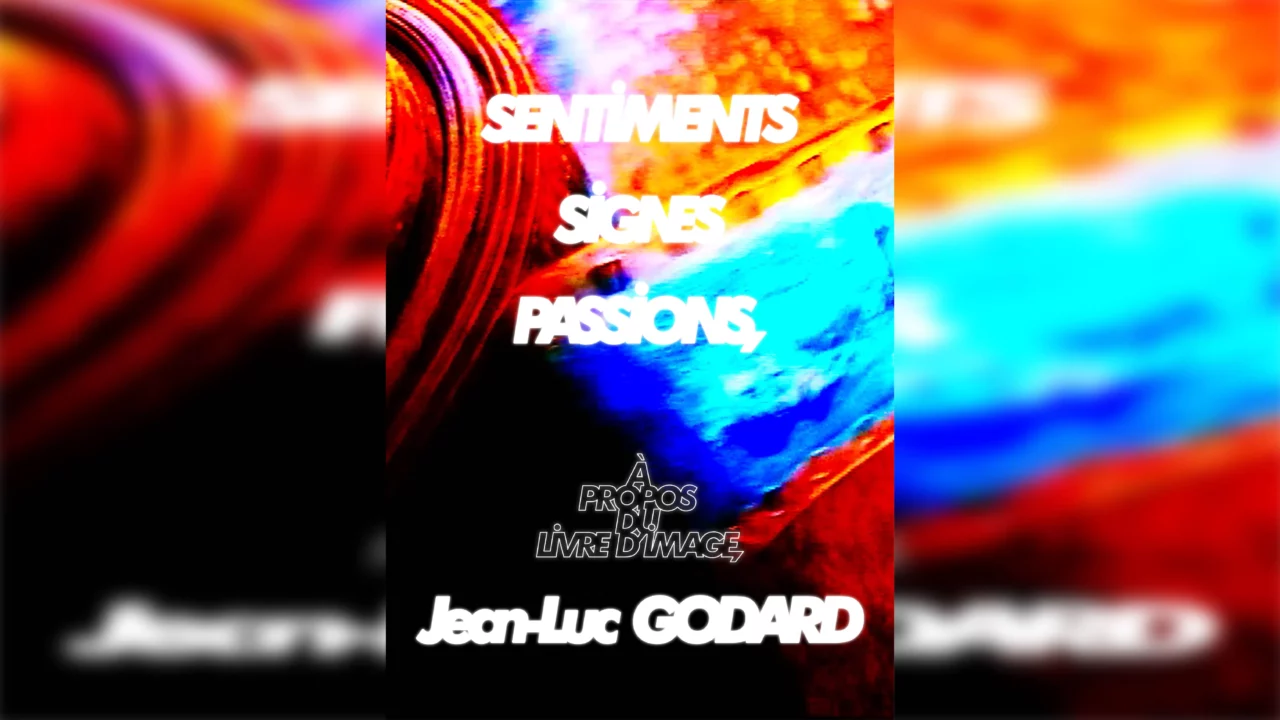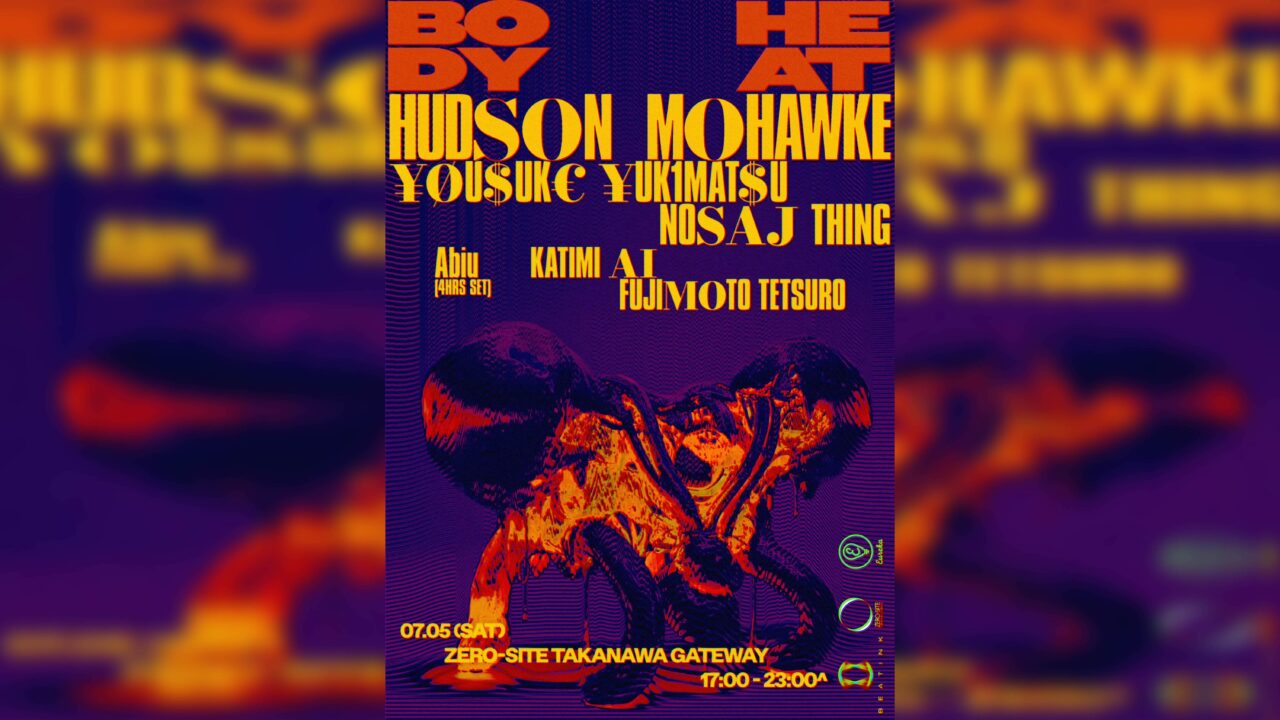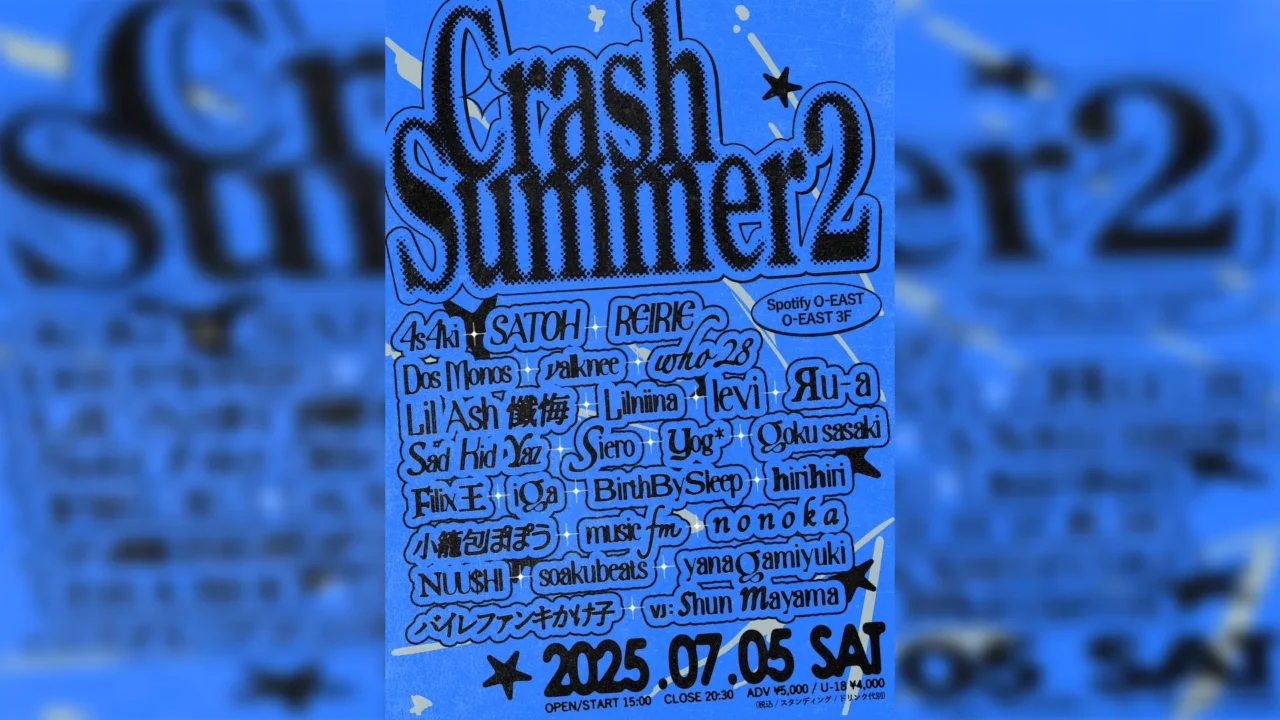Satoko Shibata’s debut essay collection, “Kiregire no Diary 2017-2023,” serialized in “Bungakukai” and published by Bungeishunju, reflects on various aspects of her life over the approximately seven years. From contemplating independence while gazing at Chanel’s 9-color eyeshadow to envisioning an ideal home with a standalone sink, the essays delve into her thoughts triggered by a long-awaited drinking session, the day she wore a bikini to the beach, dreaming of a rebirth by discarding all her clothes, and the peculiar absence of invitations to help with moving.
Throughout these seven years, Satoko shares her lighthearted discoveries and tactile experiences with the world in a charming manner. Despite being known as a musician, poet, and recently, a writer of novels and children’s books, Satoko Shibata discusses the distinct challenges of essay writing compared to composing music. She reveals her habit of maintaining a diary and shares the mindset she embraced while working on this collection.
INDEX
Inspired by Momoko Sakura: ‘It’s Meaningless if It’s Not Interesting

Singer/songwriter/poet, started her career in 2010 after a comment from her former teacher at university. 2012, she made her album debut with her first album “Shibata Satoko Island.” 2022, she released her sixth original album “Bochibochi Galaxy.” 2016, she released her first In 2016, he published his first collection of poems, “Sabaku. In 2023, he published “Kireigire no Diary,” a collection of essays that he wrote for the literary magazine “Bungakukai” over a period of seven years. On November 22, 2023, he released the single “Shiroi Uza” (White Chair).
In your afterword, you wrote that you felt “extremely embarrassed” about your past manuscripts.
Shibata: “Was I thinking like this?” I was aghast when I was working on the draft. I think I was even more incoherent and messed up than I am now. I was in my thirties when this series began, but I was reading it over again and thinking that if I had been like this at the age of 25 or so, I could still forgive myself (laughs).
(Laughs.) But when it’s about yourself, it’s hard to forgive, isn’t it?
Shibata: I just can’t give up on my desire to become a respectable person.
What do you mean by “a respectable person” in your opinion?
Shibata: I want to be respected by people, to be dependable, to be a good person, and so on (laughs). I know it’s impossible, but I can’t give up hope.
Especially at the beginning of the series, I felt more strongly than I do now that “if it’s not interesting, it’s meaningless,” and I’m quite embarrassed to admit that I exaggerate a bit. I was also embarrassed to exaggerate my writing. I had an image that an essay should be something that made people laugh like Momoko Sakura did.
So you were influenced by Sakura.
Shibata: I used to read a lot. Sakura’s pop-ness is amazing. But I think I took on the challenge without really analyzing how Sakura-san does it. But I recently realized that readers are not really looking for “hilarity. In an essay feature in Bungakukai, Matsuo Suzuki wrote, “I also realized that readers are not looking for ‘fun’ in writing,” which made me nod my head.

I was nodding my head when you wrote in your essay “Kireigire no Diary” that “readers are not looking for ‘fun’ in writing.
Shibata: I like to read plain, stiff sentences like newspapers, rather than the broken-down, frank style, so this is one thing I was conscious of when I was given this opportunity.
Yes, that’s right.
Shibata: Oh, yes. I admire that kind of writing. It is a systematic and correct Japanese language. If I say it is uninteresting, it may be uninteresting, but in the end, what is written is easy to convey.
Is “ease of conveyance” an important point for you?
Shibata: I don’t write sentences that are easy to convey (laughs).
INDEX
Challenges in the Art of Weaving Words Unlike Crafting Lyrics
In the interview with Mei Kawano in “Bungakukai,” you mentioned that, unlike lyrics, “I always feel that in writing, it is important to feel that the meaning of the text is ultimately written out in words.
Shibata: I think that in lyrics, tanka poems, and novels, the good parts remain even if they are not fully conveyed, but I think that this is ambiguous in essays. Some people write very artistically, while others write essays like “Tenseijingo. I think that since they are published, there is inevitably a fictional quality to them, but I have the impression that they have to be written in a completely different way than lyrics to be interesting.
With lyrics, it is possible to convey a message by combining various elements such as sounds and performers, but text is abstract, and it is quite difficult to express something by itself. I felt that you can’t build a house without a foundation, and that something can’t be conveyed unless it has a proper structure.
Do you feel that the plain style of writing helped you in this process?
Shibata: For example, it is quite difficult to describe an apple using only letters. People might be able to imagine apples, but things that are a bit mysterious or far from reality, or things that are on your mind, people might not be able to relate to them.
In order to express such things, you have to have a solid structure, and I think that sentences that feel like they are correctly connected are easy to convey. I felt that people who write words are doing a solitary task, because it seems like writing something that no one has ever seen before is what makes it interesting.

I think that in the case of – – writing, there may be no melody, but there is a kind of rhythm or groove, so what were you conscious of when you were writing?
Shibata: I usually emphasize the importance of rhythm when writing poetry and applying it to melody, so it has become a habit of mine. I was conscious of things like how it feels good to read, how it speeds up, or conversely, how it slows down. I thought it was interesting that you could build the rhythm more freely in writing than in music.
But I felt that the text was more free.
Shibata: However, there are times when you are faced with infinite freedom and you can’t do anything. Because there are almost no restrictions, I felt, “This horizon is vast. In the case of music, the whole process of writing poems, composing songs, making arrangements, and mixing is connected to me all the way through. But with writing, the only clue is the written word. I really wondered how people who write long sentences keep track of them.
One of the restrictions was that it was in a diary format, as the title “Diary” suggests.
Shibata: When I told the first editor that I did not know how to start writing, he suggested that I start with “a certain day of the month. I thought it was important to have one constraint.
INDEX
Constantly Intriguing Content Overshadows Uninteresting Things

I heard that you have always had a habit of keeping a diary.
Shibata: I have been keeping a diary since I was a university student. There was a time when I skipped it, but if I didn’t constantly write down what was on my mind, my thoughts would accumulate and I would easily become self-addicted. So I have a notebook in which I write down all my thoughts in a gush, and recently I’ve been writing in it every day.
I am embarrassed to say this, but I like reading self-help books a lot (laughs). (Laughs.) One of the books I read said it was a good idea to do so, but as soon as I get up in the morning, I try to write everything down with the same vigor as if it were a Death Notebook, and I feel better for the rest of the day.
I think that a diary is basically based on the premise that you are writing about things that really happened. What kind of distance did you want to keep between the “real” and the fictional in your writing?
Shibata: The main theme of this serial was daily life, but there were parts where I thought, “This is my real life,” and other parts where I thought, “I am writing with fictionality here,” and I felt guilty that not everything might be really true.
I kept wondering if I should write more nakedly. But my editor told me that if I put my work out there for people to see, it was more or less fiction, and that I should let that go and think of it as fiction, so I decided to give in.
I realized near the end of the series that sometimes writing something that is not true makes it seem more real, and that when you compare writing like fiction and writing honestly, realism does not always come out on top. I realized that I value fiction more, or creating a form for people to see.
I pondered on the notion that crafting fiction or any form of content designed for public consumption holds greater intrinsic value. In this context, how do you, as a creator, perceive the potential reception of fictional content in the future?
Shibata:I am very conscious that I am making what I want to make without thinking about how the recipient will feel about it, so I don’t think I have thought about it enough. I think I am losing the energy to think about things that I have never seen or felt before. People in the movie business often say that nowadays people prefer “something that is always interesting,” like 2 or 3 of some film.
I think that the most popular films are the ones that have already been a hit and are guaranteed to be interesting.
Shibata: I think it is a negative thing in the long run if you start working on something you don’t know if it is interesting or not, and then you lose the experience of not finding it interesting. I think that in the long run, this will have a negative impact on us.
I don’t think we can force people who are tired to wake up, but I think something is slowly being eroded.
I’m not the kind of person who produces oversized contents or very mass-produced items, so I would like to try to create elements that people cannot really relate to, such as “something they have never seen before” or “something they have never felt before.
In the interview with Mr. Kawano in “Bungakukai,” he said something like, “I have a desire to write about hardships that have not yet been registered in the world as part of the vocabulary of grief, and I think that would be a very noble task. I thought, “What a noble work that is. This will make us richer in the long run.




